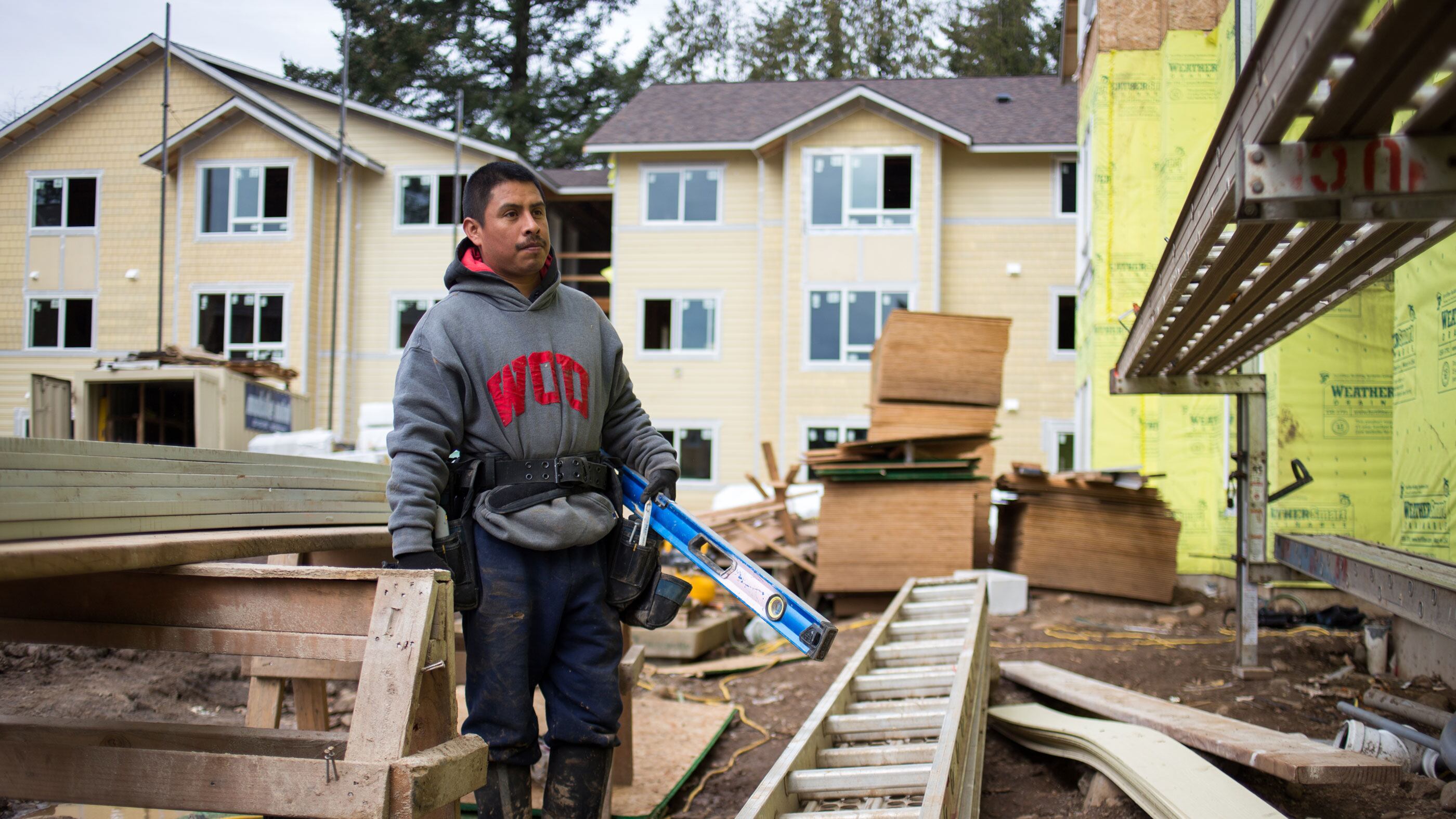When Portland City Hall passed its inclusionary housing program in 2016, developers rushed to beat the permitting deadlines and avoid the new requirement to include affordable housing.
None of the 19,000 units that developers filed to build before the Feb. 1, 2017, deadline will include affordable housing.
Mayor Ted Wheeler is pushing to fix that gap by extending tax breaks to those developers if they're willing to rent 20 percent of their units for less than market value.
"My administration has struggled with the question: how do we get more affordable units into the projects that are already in the pipeline?" Wheeler wrote in a March 16 letter to his colleagues and obtained by WW. "That's not an academic question. We are in a housing crisis. The need is now."
Specifically, he's working to resuscitate a program called the Multiple-Unit Limited Tax Exemption—a program that existed before inclusionary housing was passed.
The city and Multnomah County did not continue the program for units that are not subject to inclusionary housing when that new program passed. The revived program would use money already set aside for the tax exemption.
At a Council hearing last week, the mayor appeared to have the three votes to pass the program.
But the county has to approve the tax exemption too.
Multnomah County Chair Deborah Kafoury has yet to sign on—and her response raises questions about how the program was previously administered.
"I'm looking into the cost-effectiveness of the program, and I'll be talking with my colleagues next week," Kafoury says in a statement.
Under the previous program, the city forgave large amounts of taxes and got very few units in return.
In one example, the city agreed to forgo $17,692.31 per unit per year in taxes for Sky3 Apartments, which has 39 units of affordable housing. Over the course of 10 years the forgone tax revenue adds up to more than $175,000 per unit, assuming no massive downturn in the value of property in Portland.
That's a large sum of money for a unit that will return to the open market in 10 years.
The mayor has already offered an amendment last week to address the past spending by providing a cap of $500,0000 on the per-project spending. That might bring down the amount the city is forgoing per unit on average.
"The $500,000 per-project cap hits the sweet spot—big enough to ensure we get affordable units in the Central City, where the larger projects tend to be built, but small enough to avoid the unintended consequence of subsidizing luxury units," the mayor wrote.
City Council could do more: limiting the amount of tax revenues per unit the city agrees to forgo.
Some of Kafoury's colleagues on the county commission may also be ready to accept that compromise that Wheeler presented last week.
"I'm concerned about the lack of affordable units in the pipeline, particularly in the central city area," says Commissioner Jessica Vega Pederson.
"I think the proposal the mayor has put forth is a good one that incentivizes but doesn't overly subsidize affordable units. I'm open to other suggestions, but I do think we need to make use of all tools at our disposal."

